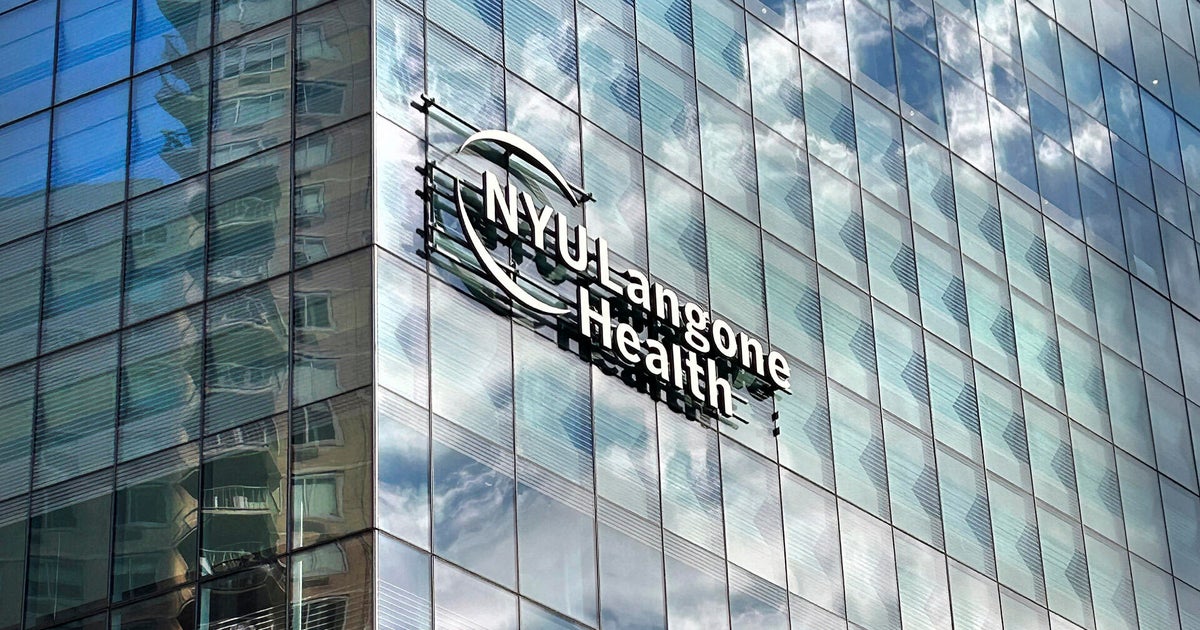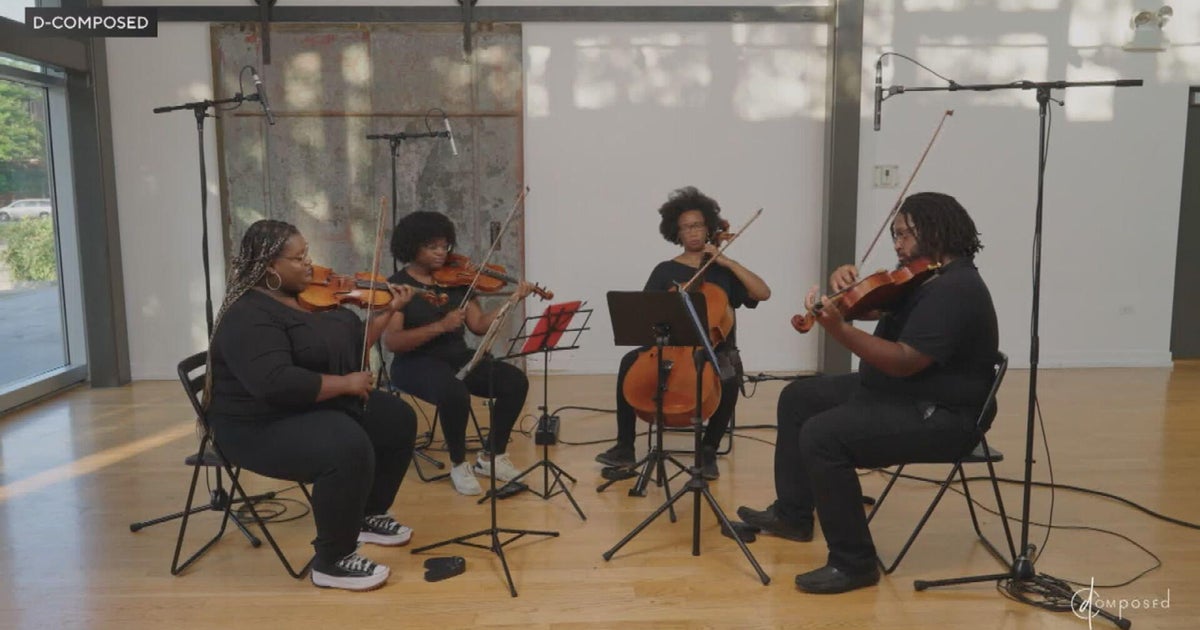South Dallas Preventative Care Program May Be Health Care's Future
DALLAS (CBSDFW.COM) – North Texas health care providers said the U.S. Supreme Court's decision to uphold health care reform helps them since they've been preparing for changes to the laws for the past two years.
What health executives are unsure of, though, is just what happens with the reforms now.
"There are clearly a lot of unanswered questions," said Barclay Berdan, CEO of Texas Health Resources. "And based on what I've heard there will continue to be quite a few challenges."
One of those challenges health care providers face is keeping up with future changes to the rules.
It's likely health care becomes an even bigger political football as the plan is kicked around Washington in an election year.
The Board Chairman at Parkland, Debbie Branson, said, "It is now up to the Administration and Congress to determine how we move forward with full implementation of the act. We intend to work with our local Congressional delegation, as we have all along, offering our views on how best to serve both the indigent and insured communities of this area."
One of the fights in Texas will be over Medicaid dollars. The Supreme Court said Washington can't force states to take more Medicaid money.
Historically, Texas has balked at taking federal money with strings attached.
That leaves Texas health care providers holding the tab. Berdan said Medicaid only covered about 50 percent of the costs incurred by the health care system. So, those providers will look to lower costs. The biggest change will be creating a system designed to keep people out of the hospital.
"Most of the system we have out there is designed to respond to people's illness or injuries and is not proactive to help people make the right decisions and manage their health," Berdan said. "And that's the shift we have to make over time."
A two year old pilot program in South Dallas initiated by the Baylor Healthcare System may provide a blueprint to these sort of preventative services.
The Diabetes Health and Wellness Institute is an outreach program headquartered at the Juanita Craft Recreation Center on Spring Avenue. The recreation center is a local meeting point for a community that's traditionally underserved when it comes to medicine.
But employees say it's also a perfect home for exercise regimens that are vital to diabetes prevention.
Before the institute opened, whenever Johnnie Pierce was sick she would go to Parkland's clinics all over Dallas –– or various emergency rooms –– and never established a medical history anywhere.
"I would go to Parkland; you know they have those clinics all around, but nothing in South Dallas," she said.
Now she calls the Diabetes Health and Wellness Institute her medical home.
"You have your own health provider that's going to keep you intact and it's very important to me," she says.
The clinic specializes in preventing and treating diabetes. Besides screenings, there are custom exercise programs. In its kitchen, a chef teaches people how to cook healthy food and provides a weekly farmers market.
It also does mammograms, pap smears and eye and foot exams.
And that's drawing people for all sorts of health screenings, said medical director Dr. Shade Lester.
"Knowing there are other aspects of their health care that can be taken care of here is sort of what basically gets them in the door sometimes," she said. The clinic is a five year, $15 million investment of the Baylor Healthcare System. It argues preventive medicine is cost-effective.
"We were seeing too many people in our emergency rooms that had Type-2 diabetes and it was too late; people were losing limbs, they were losing their eyesight," says Baylor Healthcare Systems President and CEO Joel Allison.
Baylor's a faith-based system that provides medical services to 10 North Texas counties. Allison credits the clinic with a 40 percent drop in emergency room visits at its main campus near downtown Dallas.
"We believe this is one new models of care that will bend that cost curve by getting people treated in the right way at the right time at the right place at the right cost," said Allison.
Board chairman Albert Black grew up in this area, once known as Frazier Courts. He believes newly approved federal health care initiatives will soon allow people to pay their own way for medical attention.
"I believe that eventually the people that walk through this door, every one of them has the potential of having a check in their hand," Black said.
He hopes the institute is enough of a success that other hospital systems will copy their model with other disciplines, such as orthopedics or cardio.







